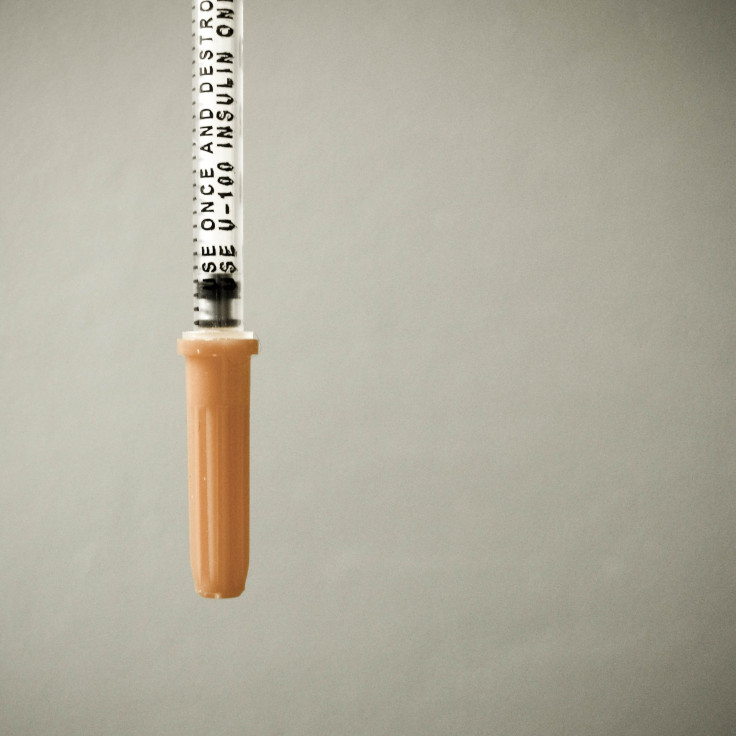Iluvien Eye Implant Rejected By FDA For Safety Reasons; Device Approved By Some European Regulators For Diabetes Complications

Iluvien, an eye implant designed to treat retinal swelling resulting from diabetes has been rejected for a third time by the U.S. Food and Drug Administration (FDA), for safety reasons.
Although approved by some European regulators, Iluvien failed to win final market approval by the U.S. regulator following its latest clinical trial, manufacturer Alimera Sciences, Inc. announced on Friday. Shares of pSivida Corp, which sold the rights to the device to Alimera in 2005 for 20 percent of potential profits, fell by as much as 39 percent last week.
The FDA suggested conducting a new clinical trial by following patients who had enrolled in the last clinical trial for the next 12 months, at least. However, Alimeera declined saying that the company lacked funding for more work on the device. “We view running a new clinical trial as unrealistic, since it will require significant capital that Alimera does not currently have,” Cowen and Co analyst Simos Simeonidis said last week, according to Reuters.
By mid-year, Alimera had reported assets totalling approximately $31.9 million in cash and cash equivalents.
In addition to safety concerns about the eye implant, the FDA pointed to deficiencies at the facility where the product is made, Alimera said, adding that the deficiencies would not affect its supply intended for sale in Europe.
Simeonidis said a meeting with FDA officials had been “rather unusual” but left the “door open for something good to come out.” The FDA said its review panel would convene on Jan. 27 and would assess whether they might identify a patient population whose potential benefits from the device might outweigh the risks.
Like many medical device manufacturers, Alimera markets and sells only one product. In the second financial quarter this year, the company reported revenue of $179,000 based on sales of Iluvien, a sustained-release implant used to treat vision problems brought by chronic diabetic macular edema.
Alimera’s shares fell 23 percent to $2.08, while pSivda shares hit $2.97 on Nasdaq Friday afternoon.



























